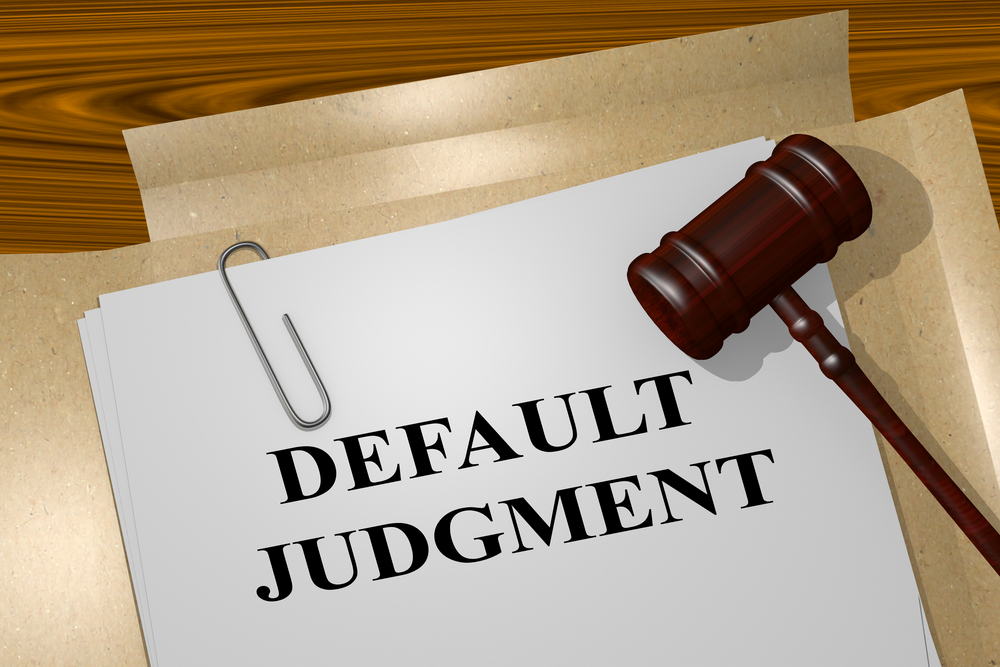
Civil court can be a mysterious entity to people who never spend any time there. And because most of us have never been involved in civil litigation, it is easy to assume that what happens in civil court is nearly identical to what happens in criminal court. But this is not the case. Take the default judgment. Civil courts enter default judgments all the time. These never happen in criminal court.
The reason for the discrepancy is the judgment itself. In civil court, a judgment is a decision rendered in favor of one party or the other. The judgment determines who prevails in a given case. In criminal court, there are no judgments; there are only verdicts. The two are entirely different.
Default Judgments Explained
A typical civil case starts with the plaintiff filing a lawsuit in city or county court. The defendant is served with papers letting them know of the lawsuit. They have only a limited amount of time to respond to those papers. Once a response has been filed, either the two parties settle or a trial is scheduled.
What happens if the defendant does not answer the service? What if they answer the service but does not show up in court? In both cases, the court can enter a default judgment in favor of the plaintiff.
In the simplest possible terms, a defendant who fails to answer service or show up in court loses. The court grants victory to the plaintiff by default. Just remember this: default judgments can be vacated under certain circumstances. They can also be appealed.
A General Reluctance
Plaintiffs, also known as judgment creditors, can take comfort in the knowledge that courts generally show reluctance to vacate default judgments. They are equally reluctant to overturn civil judgments on appeal. Defendants, also known as judgment debtors, must have very strong cases to win on appeal or get a default judgment vacated.
It is especially tough on judgment debtors if they have previously owned up to owing the debt in question. Admitting to owing but then not showing up in court tells the court that the defendant probably has no intention of paying. Few courts will reward such behavior by setting a judgment aside regardless of the debtor’s circumstances.
Enforcement and Collection Remain the Same
From the standpoint of the judgment creditor, enforcement and collection remain the same after a default judgment. It is still up to the creditor to enforce on its own. Remember that enforcement equals collection.
No doubt many creditors attempt to handle enforcement themselves. The unfortunate truth is that the vast majority of them fail. Other creditors ask their attorneys to handle collection for them. This is not a bad idea as long as an attorney has the time and resources to put into collection.
Not all attorneys can give the necessary attention to collection. So yet a third option is to partner with a judgment collection agency like Judgment Collectors. We are a collection agency that specializes in civil judgments. We do not handle general debts of any kind. All we do is collect judgments.
Turn It Over to Us
Perhaps your company has had a default judgment entered in its favor. The fact that the debtor either did not answer service or failed to show up in court means you are already behind the eight ball. We can help. We can track down debtors and their assets. We can help you use every legal tool at our disposal to get the judgment taken care of. We work on consignment and are ready to go right away.
